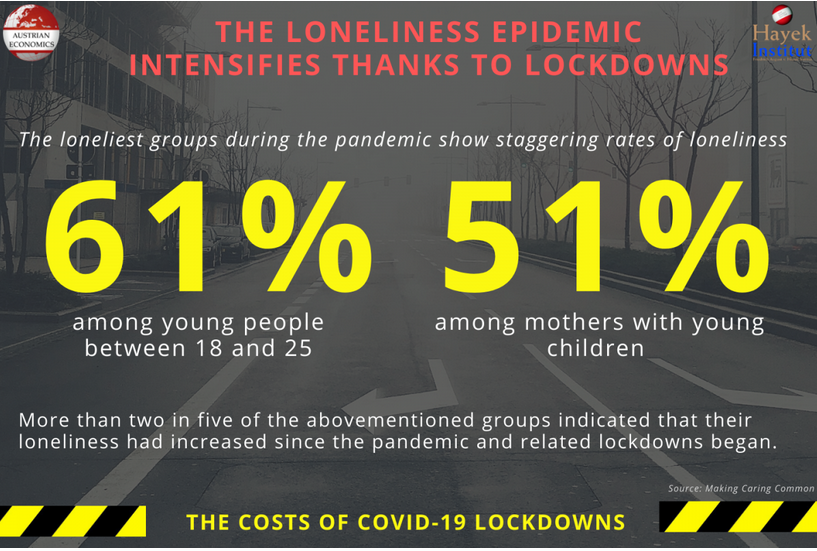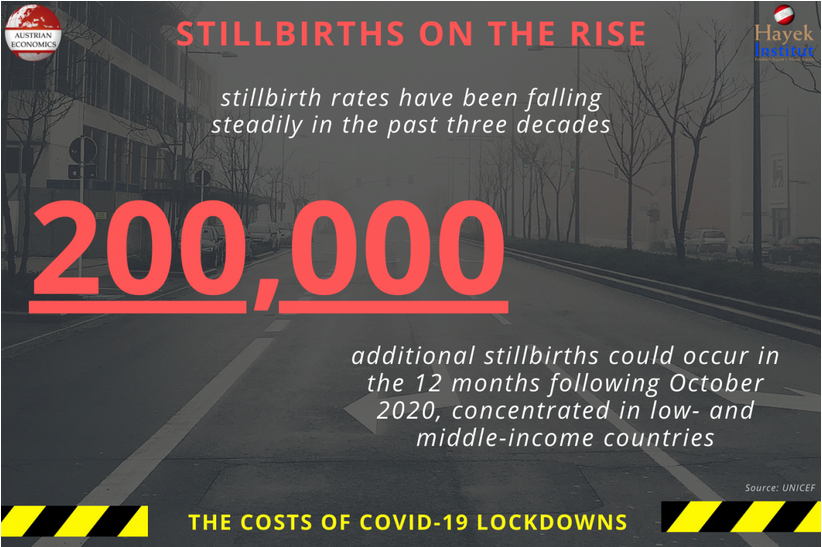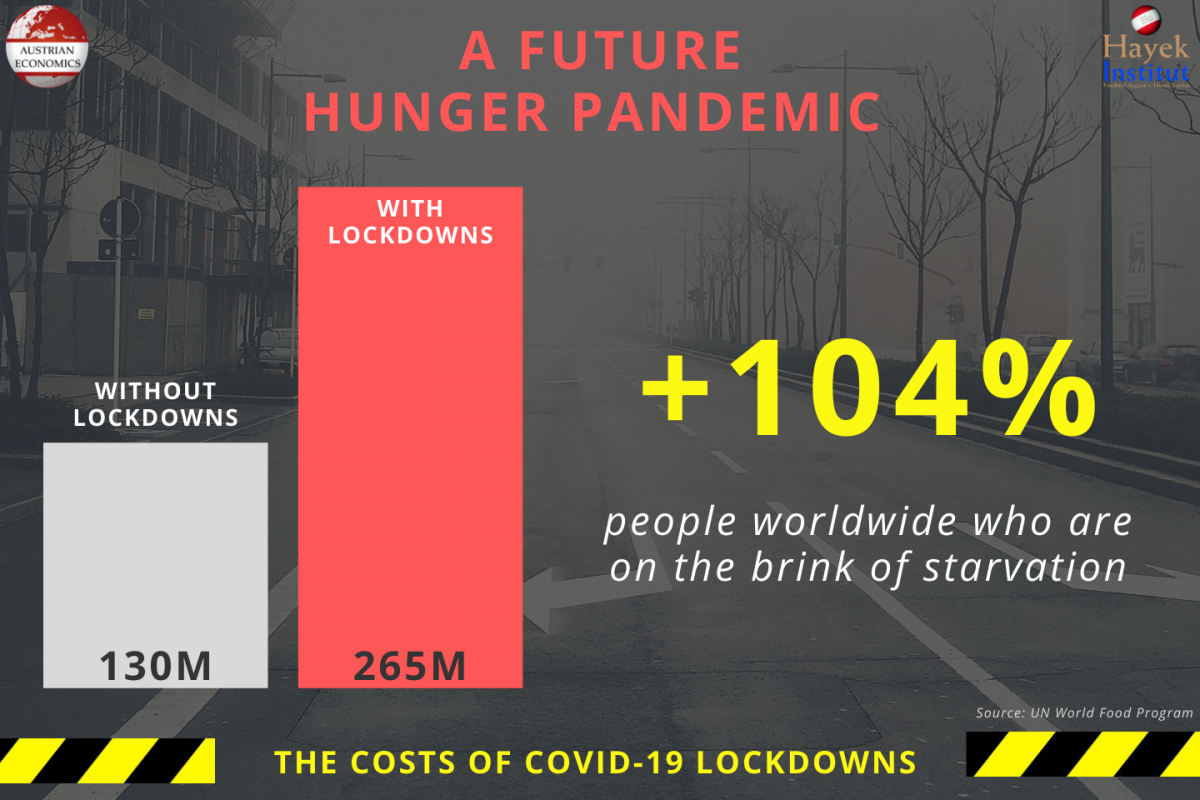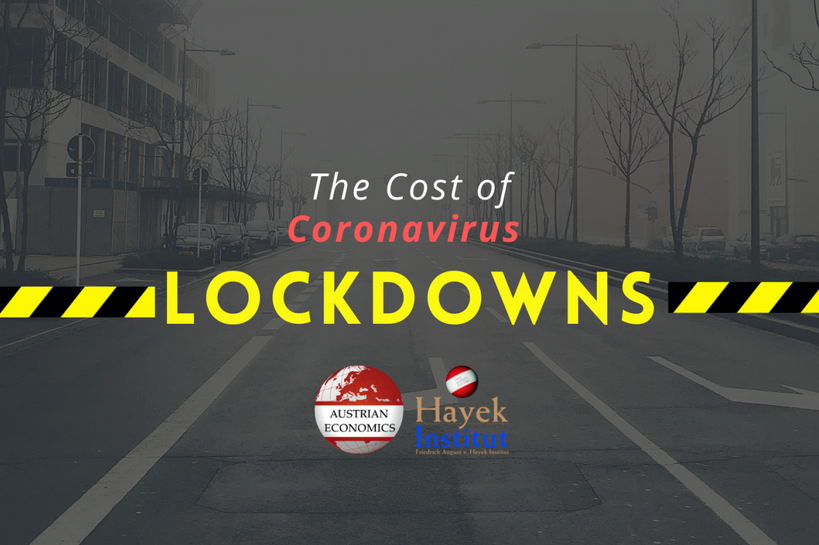By Blerim Reka The business of fighting Covid-19 is now estimated at around 0 billion. As of March 2021, 354 million vaccine doses have been delivered – 90 percent of them to countries that are home to only 10 percent of the world’s population. If 65 to 85 percent of people have to be vaccinated to reach global immunity, then it is unlikely to happen this year. By the end of February 2021, 140 states had yet to see their first shipment, Kosovo among them (the first Covax delivery arrived on March 28, 2021). All other Balkan countries had already received vaccines. But Kosovo is in a unique situation; the Albin Kurti government was overthrown during the pandemic. After a vote of no confidence in March 2020, then-Deputy Prime Minister Avdullah Hoti formed
Topics:
hayek_admin considers the following as important: 6b.) Austrian center, 6b) Austrian Economics, Balkans, blog, Europe, Featured, newsletter
This could be interesting, too:
Clemens Schneider writes Café Kyiv
Clemens Schneider writes Germaine de Stael
Clemens Schneider writes Museums-Empfehlung National Portrait Gallery
Clemens Schneider writes Entwicklungszusammenarbeit privatisieren
by Blerim Reka
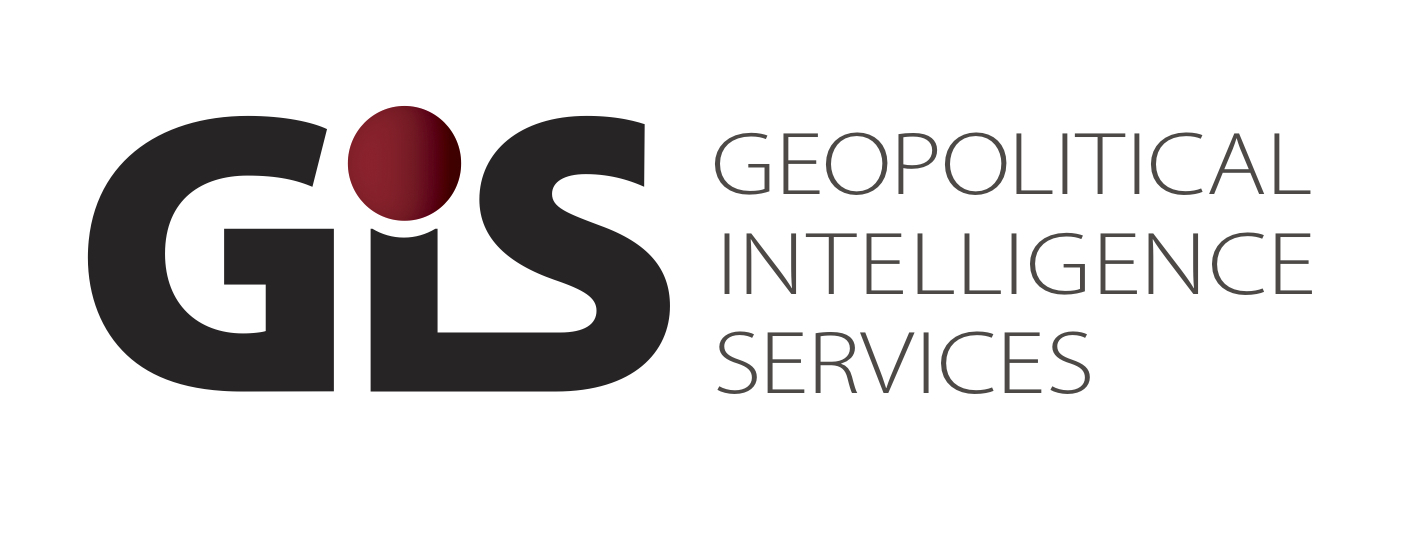 The business of fighting Covid-19 is now estimated at around $150 billion. As of March 2021, 354 million vaccine doses have been delivered – 90 percent of them to countries that are home to only 10 percent of the world’s population. If 65 to 85 percent of people have to be vaccinated to reach global immunity, then it is unlikely to happen this year.
The business of fighting Covid-19 is now estimated at around $150 billion. As of March 2021, 354 million vaccine doses have been delivered – 90 percent of them to countries that are home to only 10 percent of the world’s population. If 65 to 85 percent of people have to be vaccinated to reach global immunity, then it is unlikely to happen this year.
By the end of February 2021, 140 states had yet to see their first shipment, Kosovo among them (the first Covax delivery arrived on March 28, 2021). All other Balkan countries had already received vaccines. But Kosovo is in a unique situation; the Albin Kurti government was overthrown during the pandemic. After a vote of no confidence in March 2020, then-Deputy Prime Minister Avdullah Hoti formed a government with a majority that hinged on the vote of an MP previously convicted for fraud. (The move earned Kosovo a two-point drop in the 2020 Freedom House Democracy Index, from 56 to 54.) But the controversial new government faced a backlash, as a majority of Kosovan voters cast their ballots for ousted Prime Minister Kurti in the recent February elections.
On March 20, Albania vaccinated a number of Kosovan doctors in the Northern Albanian city of Kukes, on the border between the two countries. North Macedonia is also facing significant delays. It was given a symbolic number of doses by Serbia earlier in the year, while the first regular shipments arrived in mid-March.
In addition to the tremendous human toll, Covid-19 has affected politics. Freedoms have been curtailed in liberal democracies and the economic turmoil has been answered with state interventionism. On a global scale, authoritarianism is on the rise and democracy is in decline.
Hybrid democracy
In the Balkans, the emergence of new Covid-19 strains led to restrictive measures. Serbia reimposed a curfew, which resulted in protests, violence and arrests. Media have been under strain as well. In Kosovo, newspapers stopped producing their printed editions. Both North Macedonia and Montenegro had to inject money into the media sector.
Moreover, Balkan citizens are under pressure because of the unpredictable health situation and its socioeconomic impact, which many experts believe could lead to political upheaval. In its most recent assessment, Freedom House concluded that the Western Balkans was now only partially free, especially Serbia, Montenegro, and Albania.
Other rankings also highlighted the pandemic’s toll on the region. North Macedonia was described as a hybrid democracy in the Economist’s 2020 democracy index. It also fell to 111 in Transparency International’s corruption perception ranking. In February 2021, the North Macedonian opposition demanded early elections because of the government’s failure to manage the pandemic. Without a quorum, the parliament could not vote on 130 draft laws for several months.
Political restrictions resulted in economic deficits too. The region’s debt soared to $7 trillion. Each Balkan country adopted economic recovery measures, but they had limited effects. In North Macedonia, even after a fifth recovery package, some sectors lost 90 percent of their revenue, and 20,000 citizens became unemployed, leading to protests.
The EU remains the Western Balkans’ principal source of economic support. A 9 billion-euro recovery package was approved for the region, in addition to the previous 20 billion euros earmarked for investments. In early 2021, the European Commission promised 70 million euros worth of vaccines for the six nations, but as of March this has yet to materialize. Albanian Prime Minister Edi Rama has publicly declared his disappointment with the situation.
If 2020 saw the Western Balkans fight for tests, this year will be a battle for vaccines. In addition to AstraZeneca and Pfizer shipments from Western countries, Serbia has received 250,000 Sputnik vaccines and over a million doses from Sinopharm.
North Macedonia also ordered vaccines from China and Russia but as of March had not received them. Albania received a Pfizer shipment at the end of February and awaits additional BioNTech, AstraZeneca and Covax doses. After a January agreement between the Turkish and Albanian Ministers of Health, vaccine support is also expected from Ankara.
In Kosovo, the former Hoti government hoped to vaccinate 75 percent of its population mostly by relying on the WHO-sponsored Covax vaccines, but no deliveries arrived during the first three months of the year. The U.S. embassy in Pristina expressed concerns that, although Kosovo behaves like Covid-19 is not present it is severely affected by the pandemic.
Vaccine nationalism
Western Balkan countries will mostly rely on EU vaccine deliveries. Serbia has been receiving Russian and Chinese vaccines as well. Bulgaria and Greece had promised shipments to their non-EU neighbor, North Macedonia, but have not sent the doses so far.
Serbia has some 15 million vaccines for a population of 5.5 million adult citizens. About three-quarters of its population have not registered to be vaccinated. In North Macedonia, 36 percent of citizens have said they do not want the vaccine, even though the country has one of the highest death rates per capita in the world.
Belgrade has used its vaccine surplus to boost its regional influence. It tried to deliver vaccines to the Serbian population of northern Kosovo, which Pristina opposed. Kosovan Serbs were therefore invited to cross the Serbian border and get vaccinated in the city of Kursumlija.
Serbia also delivered vaccines to Bosnia and Herzegovina, Montenegro and North Macedonia. In the latter, newspapers described the gesture as “classic Serbian propaganda,” especially after Serbian President Aleksandar Vucic declared that his country was able to accept vaccines from Russia and China, its southern neighbor, a NATO member, was not. North Macedonian Prime Minister Zoran Zaev countered by stating that there had been no U.S. or NATO pressure, and that he had ordered Chinese and Russian vaccines too.
Border disruptions
In the post-Covid Balkans, diplomatic tensions run high. A Russian diplomat, Alexey Krivosheev was ordered to leave Albania for what Tirana described as “pervasive violations of Covid-19 measures.” Moscow answered tit for tat by expelling the Albanian embassy’s first secretary, Jonida Drogu. In late 2020, Montenegro and Serbia also declared their respective ambassadors personae non gratae over a political spat.
Vaccine diplomacy is becoming a tool for Balkan states to signal their political alignment. The traditionally pro-Kremlin Serbia and Republika Srpska receive Russian and Chinese vaccines, and Belgrade agreed to start producing the Sputnik vaccine by the end of the year.
Although the EU opposed administering Russian and Chinese vaccines, French President Emmanuel Macron spoke about a possible multilateral effort to integrate them into the European rollout. However, the European Commission has also expressed concerns, with President Ursula von der Leyen pointing out that Russia seems keener to see its product used abroad than at home.
In February, the World Health Organization asked the EU to include the Western Balkans in its vaccination efforts. But at the moment, even member states are facing delays. The European Commission has ordered 2.3 billion doses, which would suffice for 80 percent of the continent’s population. But commentators have criticized the slow rollout and the strategy of the European Medicines Agency. President von der Leyen has confirmed that full vaccination will take longer than what was initially planned. By the end of February, only 50 million doses had been administered to about 8 percent of the adult EU population. EU deliveries to the Western Balkans are likely to be slow.
Pandemic walls
New Covid strains have led to more talks of border closures. EU member states are divided over potential border checks and travel restrictions. Germany’s border control measures with the Czech Republic and Austria “are beginning to cause chaos to goods transport by road across Europe,” the International Road Transport Union warned in February. Belgium, Denmark, Finland, Germany, Hungary and Sweden were warned by the European Commission that their travel bans were excessive. Nevertheless, some EU members have kept in place measures that harm the economy of Balkan countries, like Greece’s restrictions on North Macedonian transport.
Greece and Austria, among others, have considered a “pandemic passport” that would allow vaccinated and recovered individuals to travel freely. While the EU saw several “scientific and political issues” with the plan, the Commission did propose a special “green pass” that would perform a similar function as of June 2021. But Balkan citizens fear that this would put them at a disadvantage, and that the EU will once again erect walls around the region’s borders.
Scenarios
It is unlikely that the Western Balkans will be fully immunized against Covid-19 before autumn. Delays in vaccine delivery will also have a political impact on the region, with vaccine diplomacy allowing non-EU actors to increase their influence.
Russian and Chinese vaccines will come at a geopolitical cost. Serbia will grow closer to Moscow and Beijing, not only for practical reasons but also to send a message to the Euro-Atlantic community that there are other alternatives when it comes to alignment.
Trade restrictions and border closures will likely delay economic recovery. The Schengen zone will most probably remain closed to Balkan citizens until late summer at least. The resulting economic hardship will stoke resentment against democratic backsliding and human rights violations.
Civic dissatisfaction with the authoritarian populist politicians who mishandled the pandemic will probably be discernible in the upcoming central elections in Albania and Serbia, and local ones in Kosovo and North Macedonia.
Tags: Balkans,Blog,Europe,Featured,newsletter


